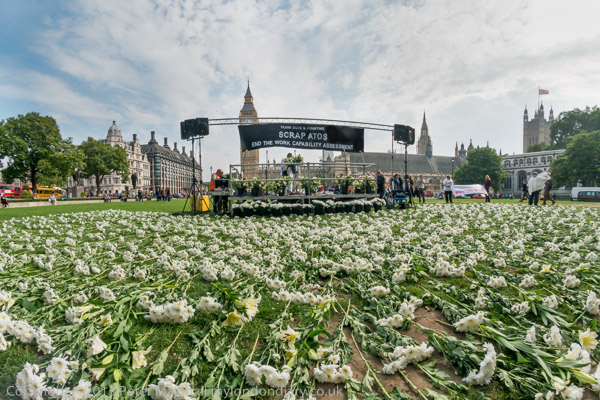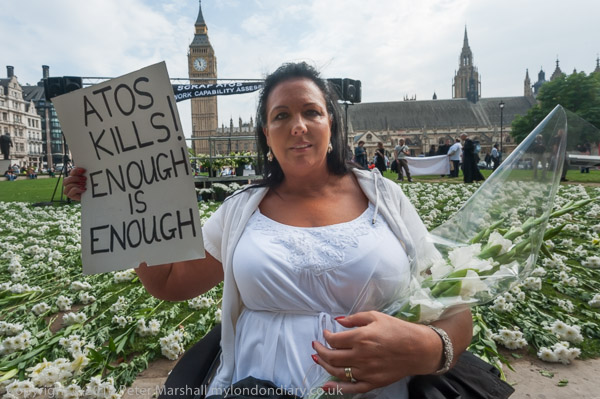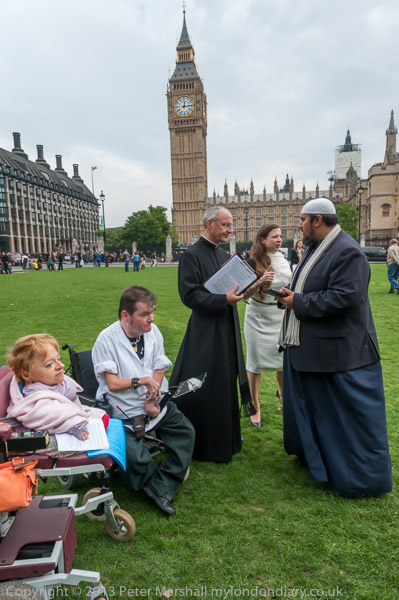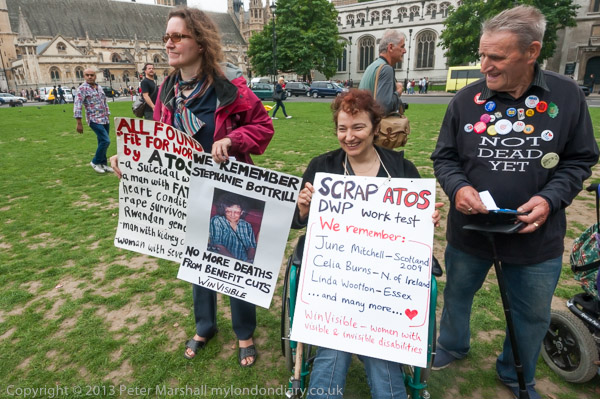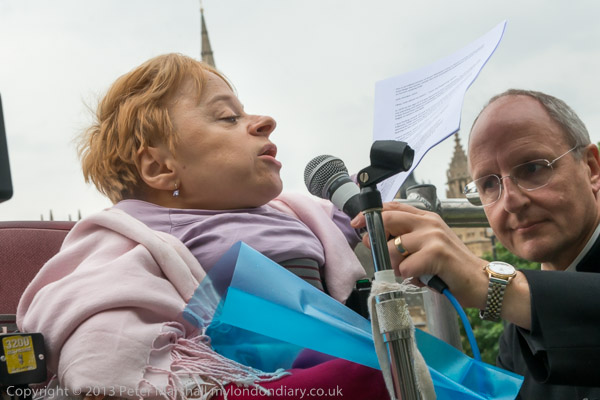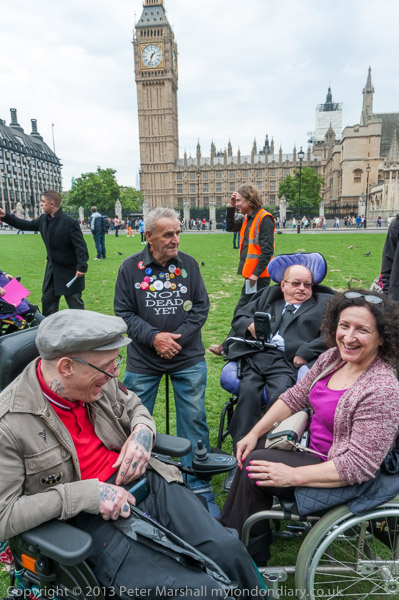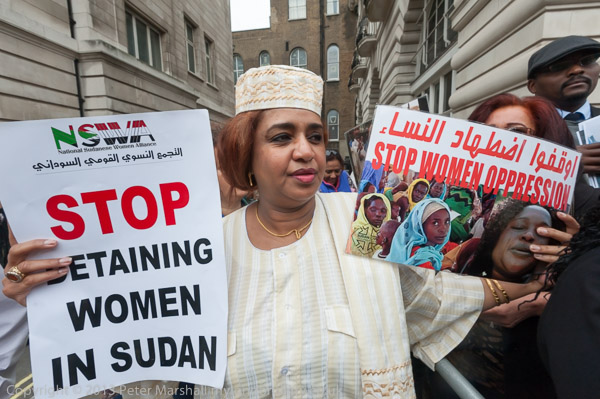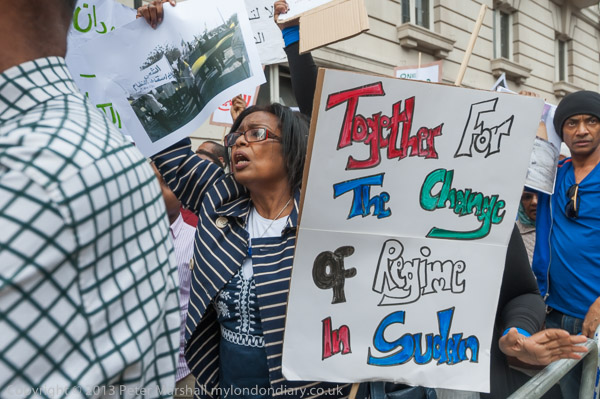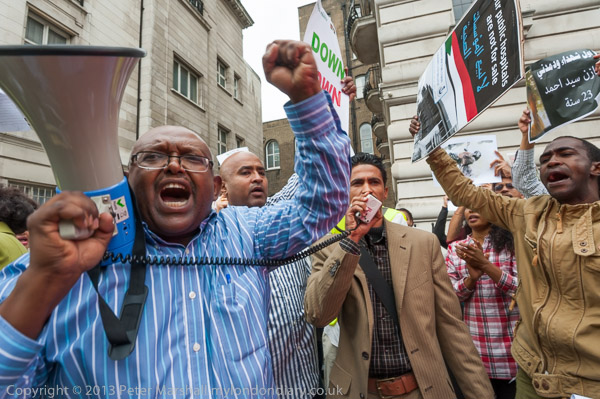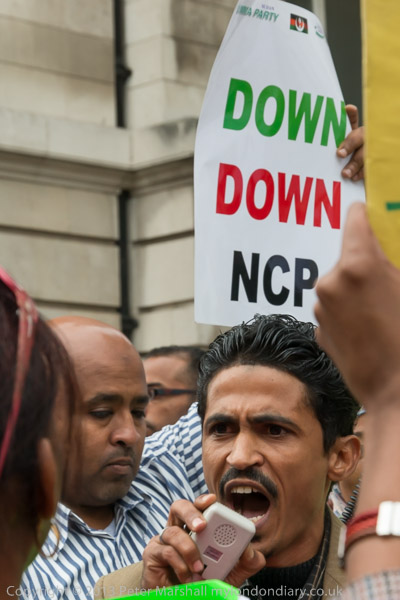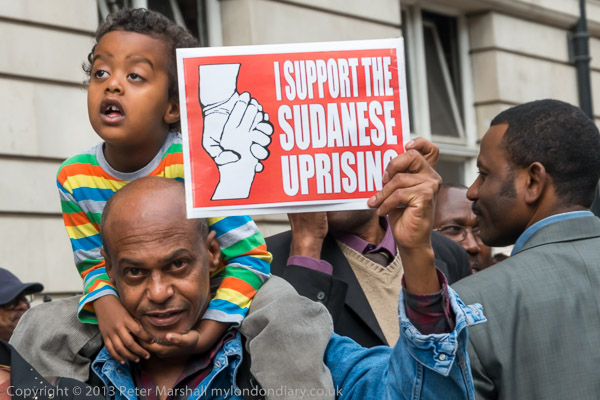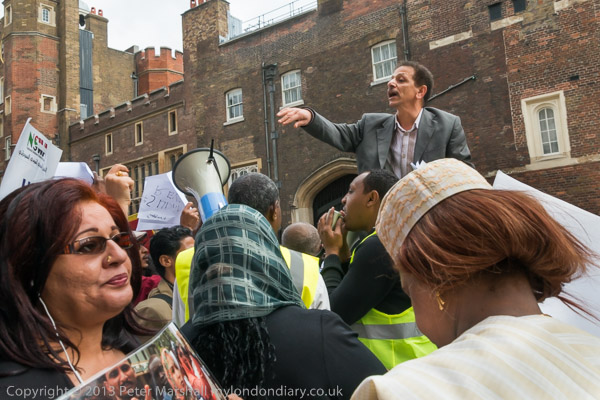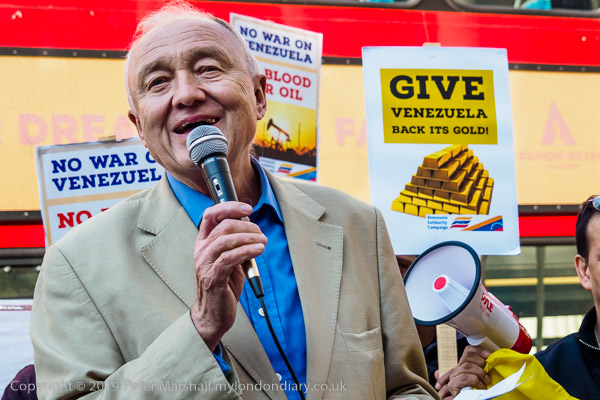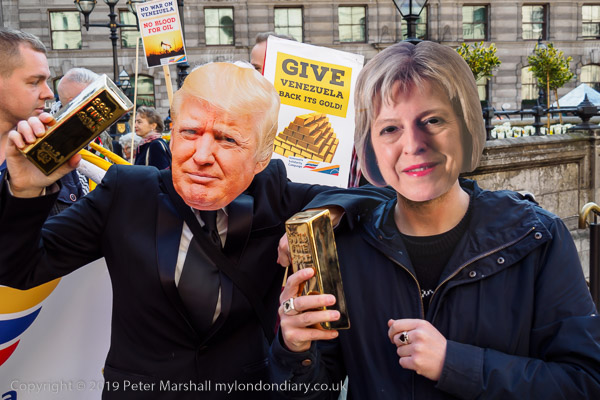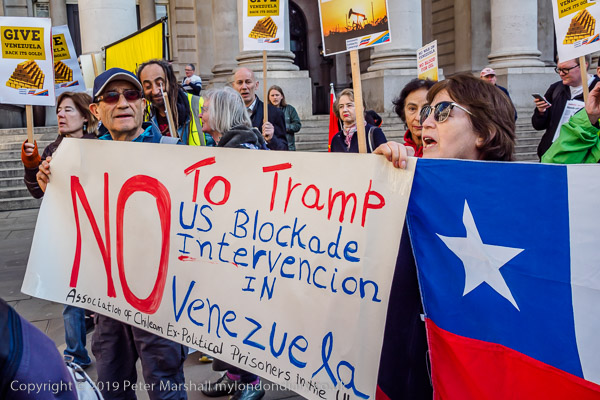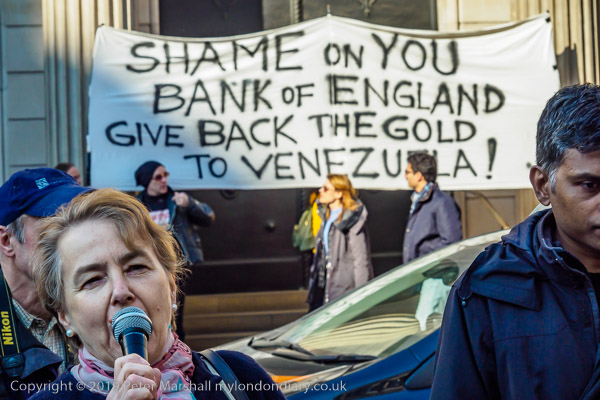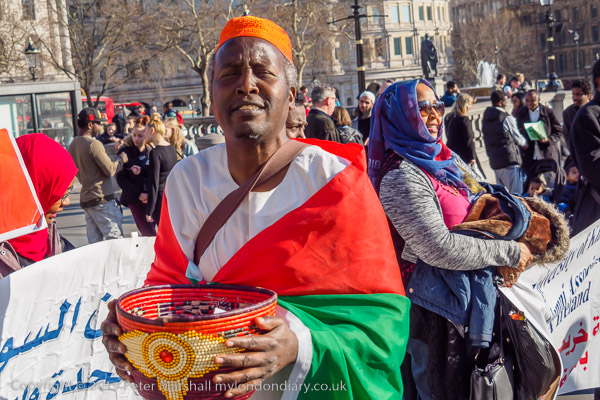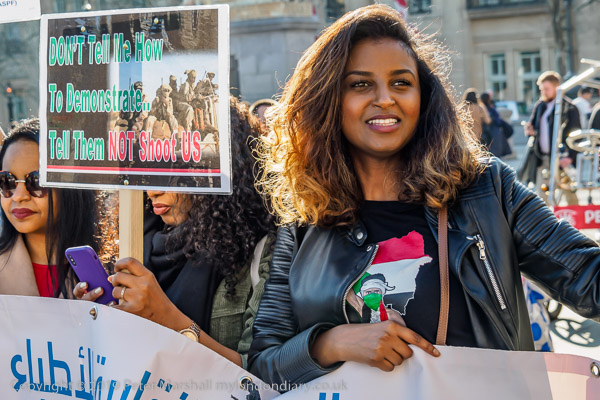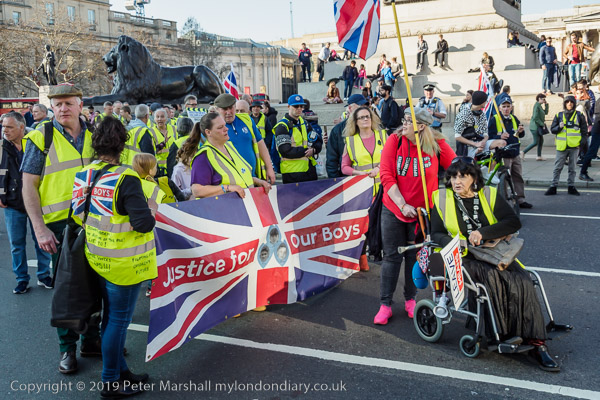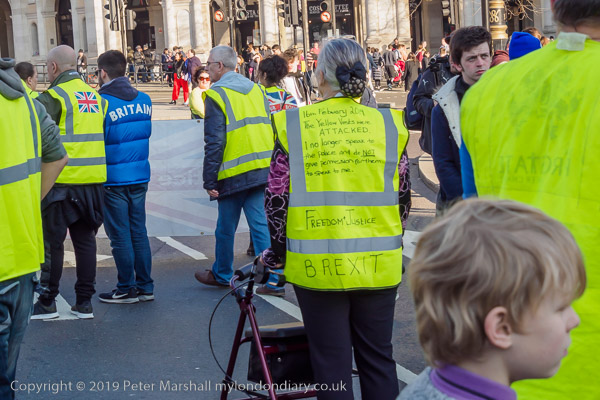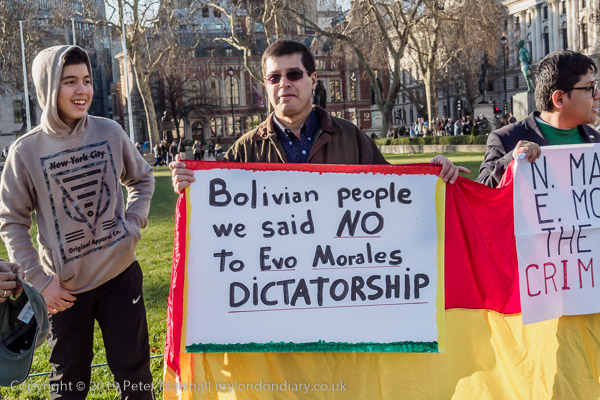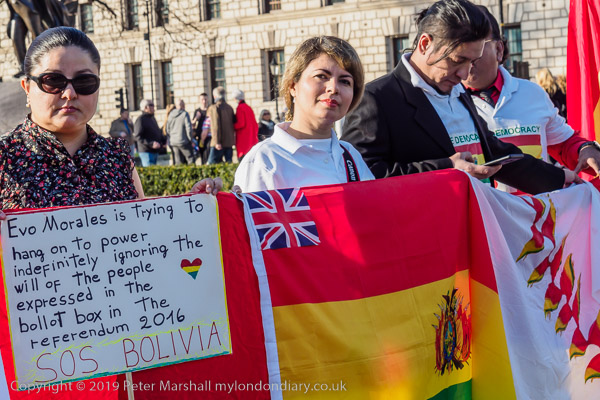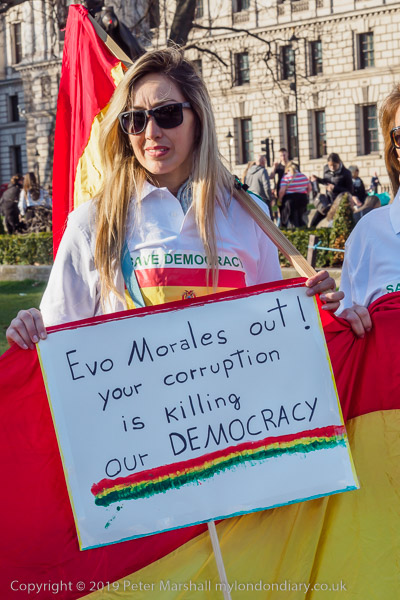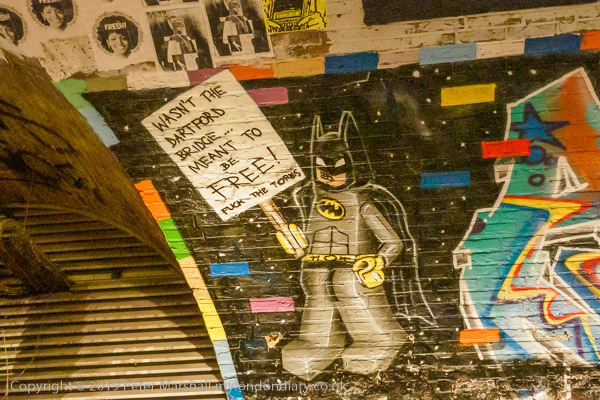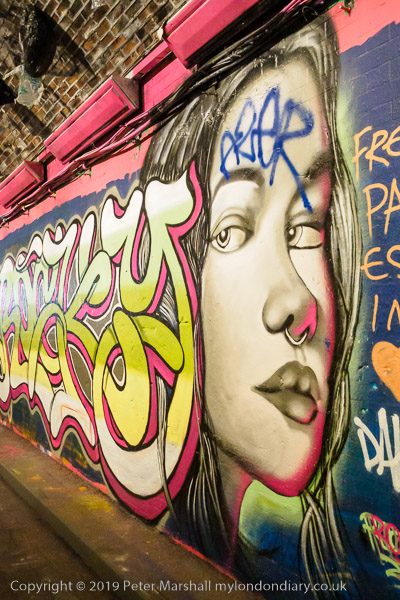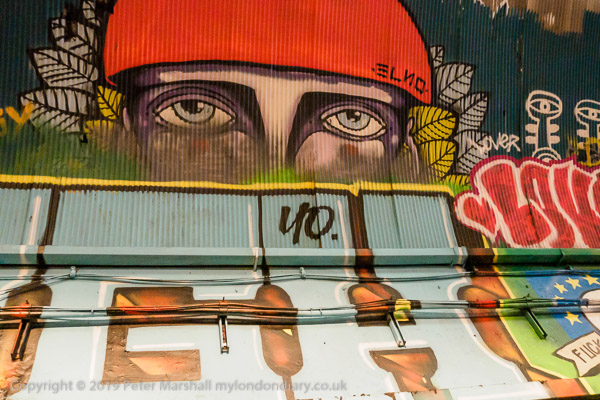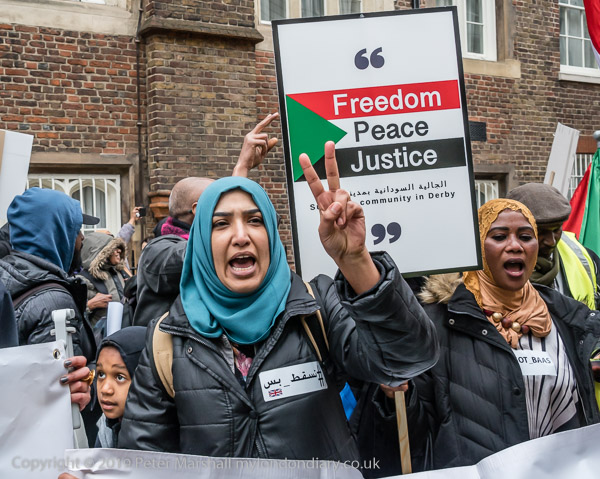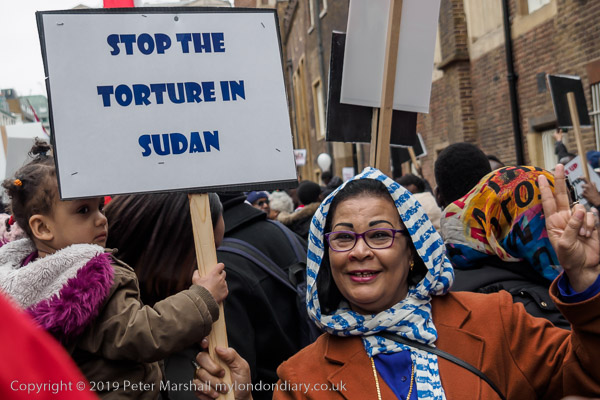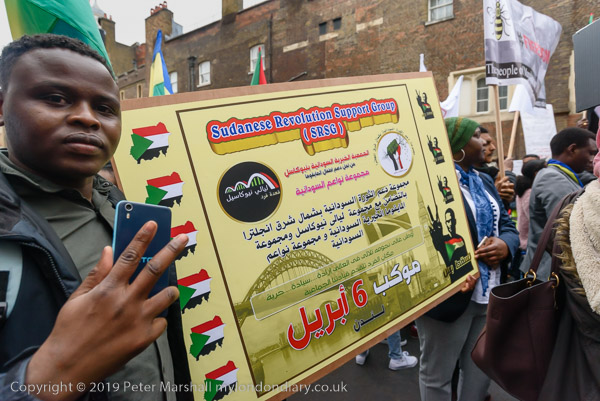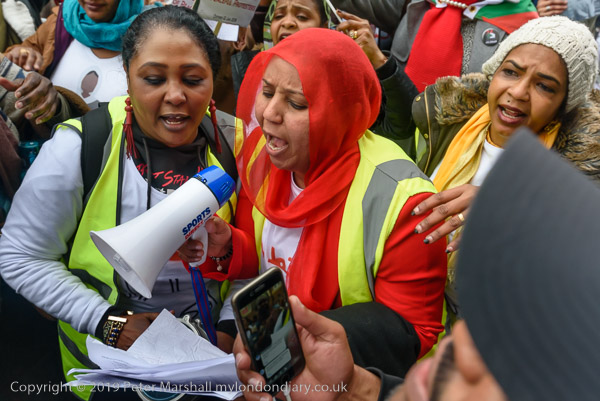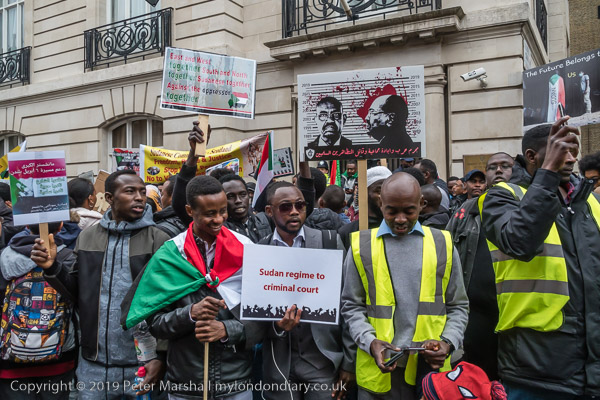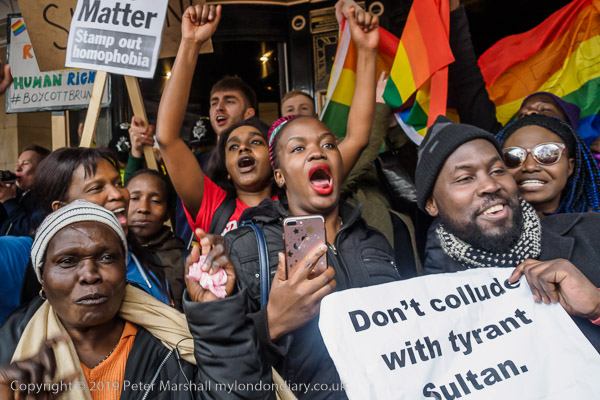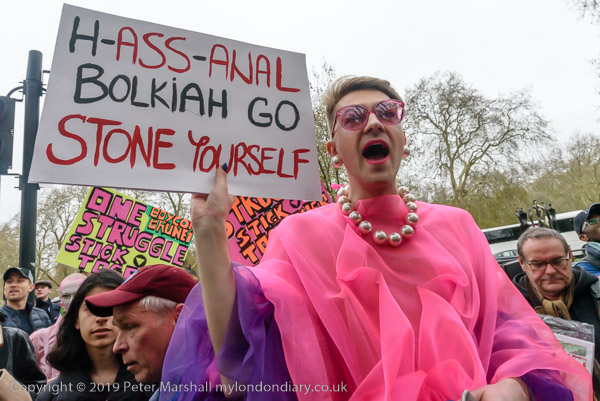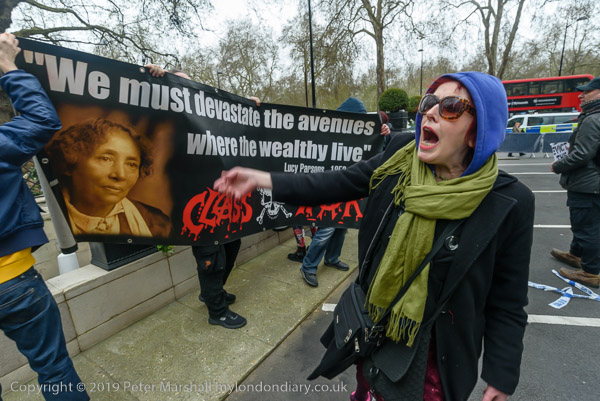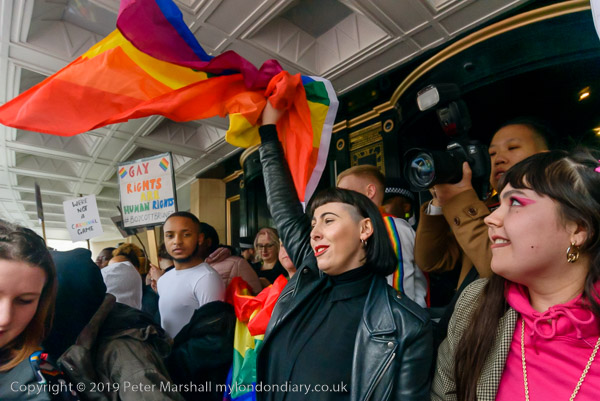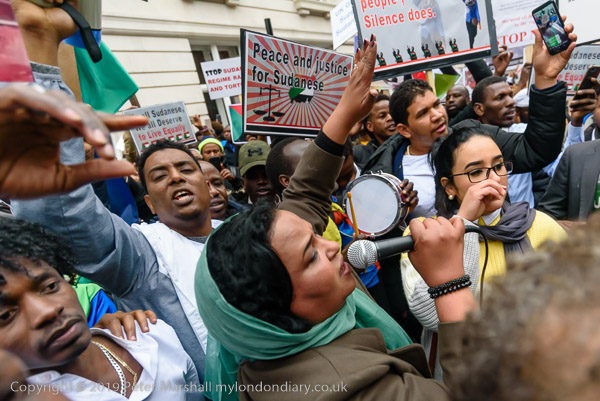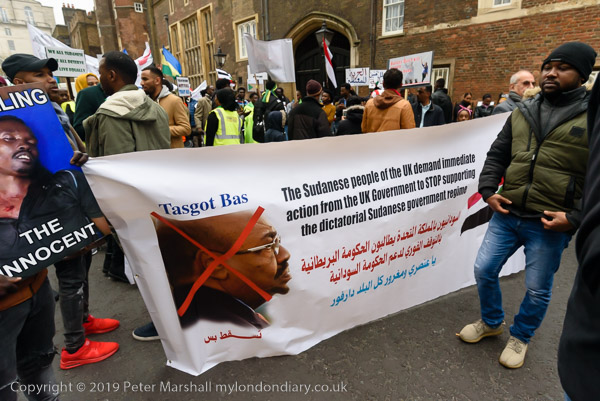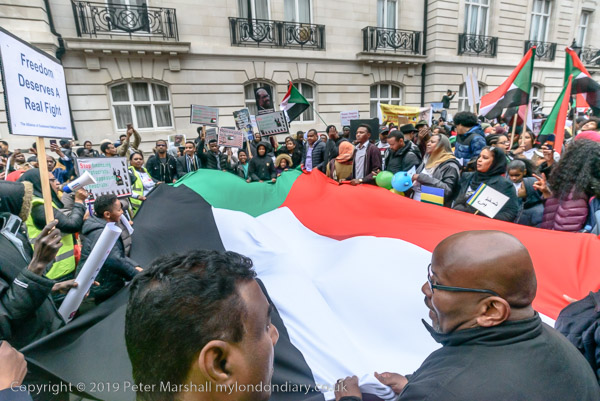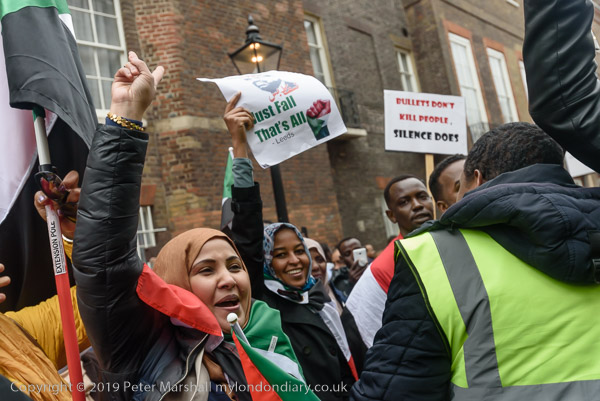Darfur and the Mayor’s Thames Festival: On Sunday 16th September 2007 I went to London to photograph a march on an International Day of Action over the genocide which had been taking place on a large scale in Darfur since 2003, with around 300,000 civilians killed. My comments at the time are in italics below. After the end of the march I went to walk along the riverside wher the Mayor’s Thames Festival was taking place, though I found little actually happening.
Protect Darfur – International Day of Action
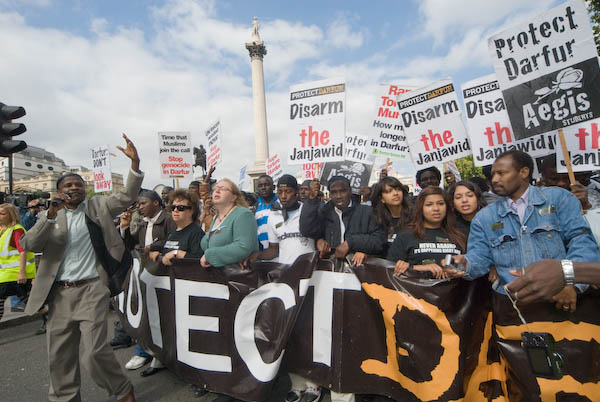
“Several hundred marched from the Sudanese Embassy in St James
to Westminster where a protest rally was held opposite Downing Street over the continuing failure of the international community to take effective action over Darfur.”
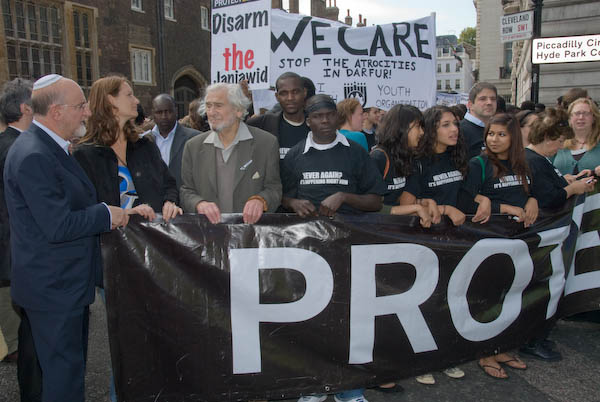
“Among the mainly African demonstrators were groups of Jews, concerned that, as in the 1930s, too many are happy to turn a blind eye to what is going on.”
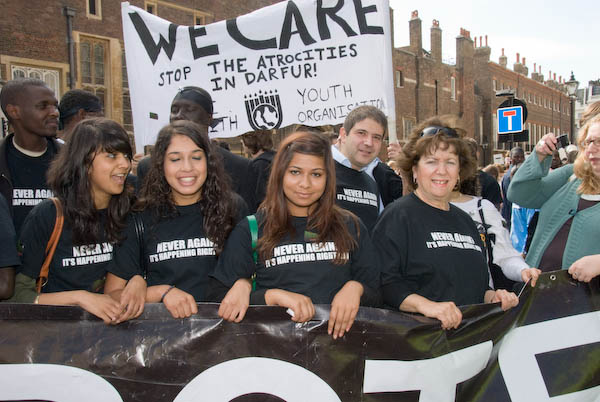
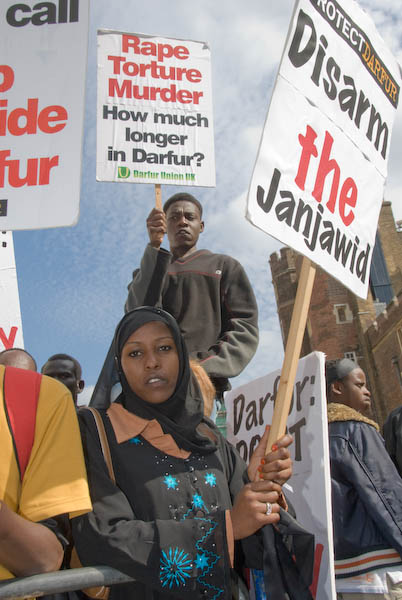
The Sudanese government had earlier co-opted and armed the Arab Janjaweed militias against those opposed to it in Darfur and they created what the UN described as one of the worst humanitarian disasters in the world.
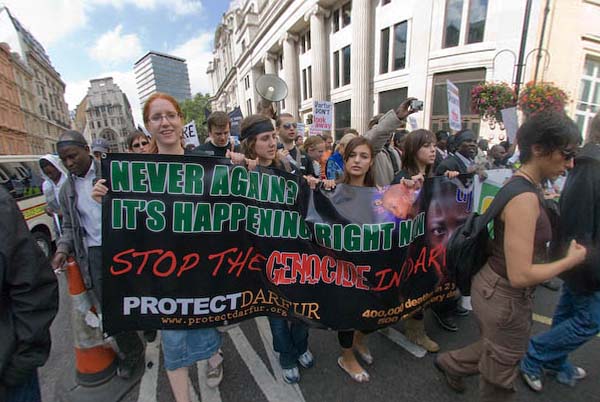
In July 2007 the UN and the African Union approved a the largest joint peacekeeping mission in the world UNAMID to the area, and over the years there were various peace agreements, but despite this conflicts continued and in 2023 a civil war broke out in Sudan between the Rapid Support Forces (RSF) (which developed from the Janjaweed) and the government’s Sudanese Armed Forces (SAF) – and genocide returned to Sudan.
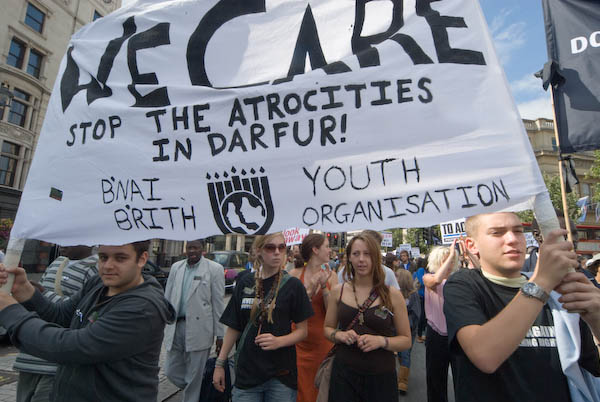
The BBC has an article, ‘Sudan war: A simple guide to what is happening’ about the renewed genocide and famine in Darfur and across the country which again the United Nations has called the world’s largest humanitarian crisis.
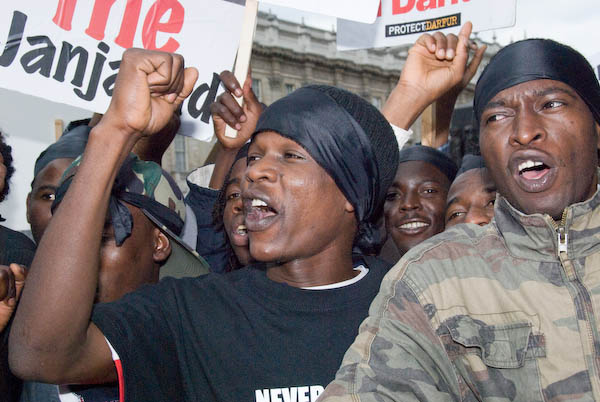
At the rally opposite Downing Street, demonstrators were asked to put on their blindfolds as a reminder that leaders around the world are refusing to see the problem in Darfur.
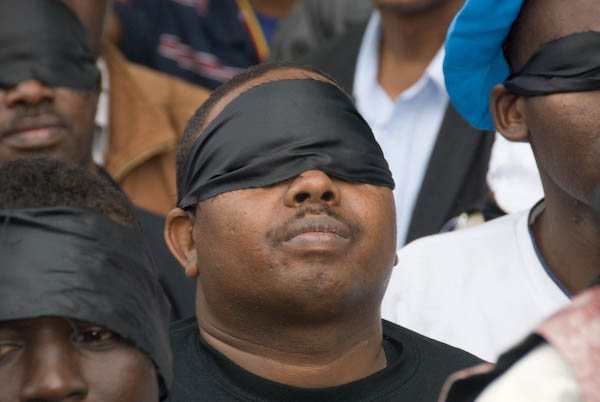
“I didn’t stay to hear all the speakers. The position of the rostrum made it hard to photograph, working directly into the sun behind the speakers’ heads from any available close positions, and photographs were not going to be of great interest.
The message on Darfur is clear, and the international community needs to take action.”
Many more pictures (too many) on My London Diary at protect darfur.
River Thames and the Mayor’s Thames Festival
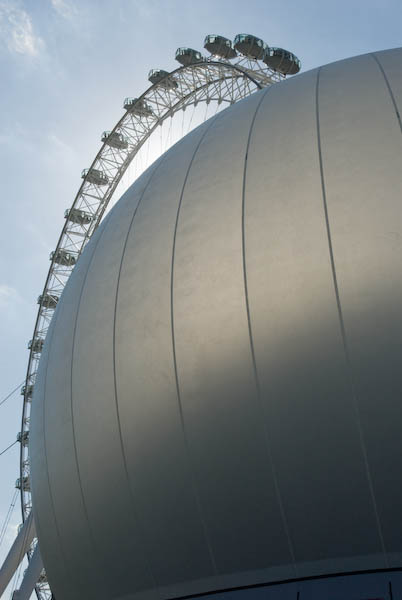
“We were promised that Sunday was the end of our short, late summer, and I took a walk along the south bank of the River Thames from Westminster to Tower Bridge, among the crowds who had turned up for the Mayor’s Thames Festival.“

Nothing much exciting seemed to be happening while I was there (it seemed mainly a commercial opportunity for the very large number of stalls along the riverbank), but I then didn’t hang around for the procession and fireworks promised later.

I did take quite a few pictures which you can see at river thames and the mayor’s festival – and it looks as if I found it a little more interesting than my account suggested.
Flickr – Facebook – My London Diary – Hull Photos – Lea Valley – Paris
London’s Industrial Heritage – London Photos
All photographs on this page are copyright © Peter Marshall.
Contact me to buy prints or licence to reproduce.
